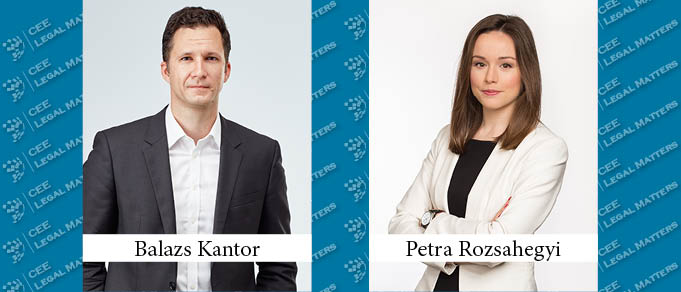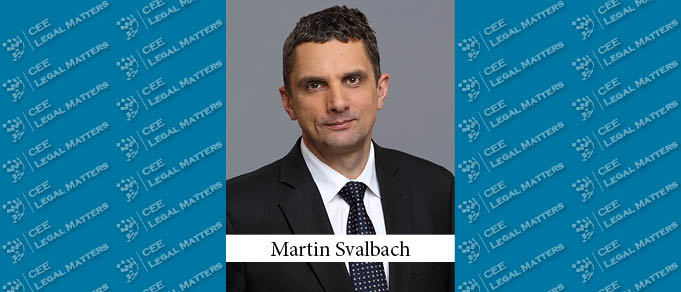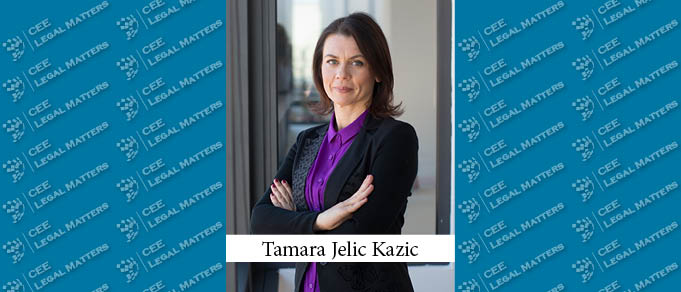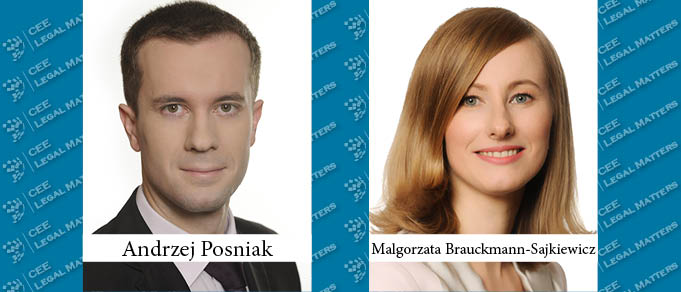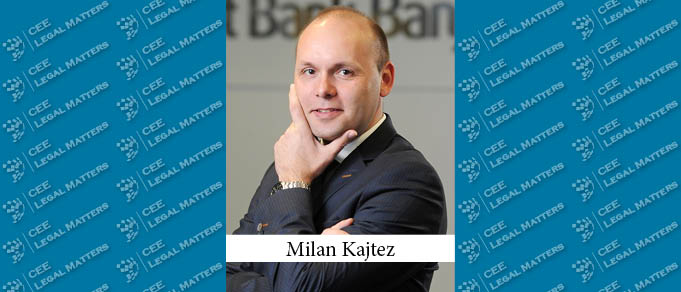An Interview with Partners Panos Katsambas, Claude Brown, and Kevin-Paul Deveau from Reed Smith’s Dedicated CEE/SEE Group.
Guest Editorial: The (Continued) Importance of English Law for CEE
On January 20, 2010, I stepped off a plane in Bucharest to start a secondment at Clifford Chance’s local office, which was supposed to last eighteen to twenty-four months. I was a young and eager lawyer, keen for new experiences and ready for the challenge of working in emerging markets. In the end, I left nearly three and a half years later, and I almost stayed on permanently in Bucharest. It was an amazing experience, and English law in CEE has had a massive impact on my life.
Ukraine: Businesses Need to Reshape Tax Planning Strategies Due to the Recent Ukrainian Tax Reform
On January 16, 2020, the Ukrainian Parliament passed a law launching anti-BEPS tax reform in Ukraine, among other legislative changes (the “2020 Tax Law”). The business community expressed opposition to most of its provisions.
Hungarian Government Restricts Small Entrepreneurs Tax
In 2012 a simplified lump sum tax, known as KATA, was introduced for small businesses. The rules of KATA allowed small businesses, including private entrepreneurs, to opt to pay a lump sum monthly tax of HUF 50,000 (EUR 145) per person employed by the business. Businesses paying the lump sum tax are relieved of any other income or payroll taxes. The regime is applicable to income of up to HUF 12 million (approximately EUR 34,000) revenue per year. Above this limit, a tax rate of 40% is applied to the excess.
Employee Stock Options in Latvia – Spring is in the Air
Tax Exemption for Employee Stock Options
Highlights of Serbia’s Tax System
Taxes are undoubtedly among the most important components of every state budget. Tax systems vary, of course, as different states have different political and commercial environments. Nowadays, the globalization of economic relations tends to bring these diverse and different systems closer together.
Capital Funds from Shareholder Contributions as Specific Type of Equity Funds In Slovakia
Although in use long before, on January 1, 2018, a new type of equity funds – “capital funds from contributions” – were expressly recognized and regulated by the Slovak Commercial Code. These funds are considered a supplement to contributions to a company’s registered capital and may be created by all capital company forms in Slovakia, including joint stock and limited liability companies.
Application of Transfer Pricing Regulations in Bulgaria
The amendments to the Bulgarian Tax and Social Security Procedure Code in August 2019 relating to mandatory transfer pricing (TP) documentation came into effect on January 1, 2020. Thus 2020 is the first year for which TP documentation, including a local file and a master file, should be prepared.
Romania: Fiscal Risks Related to the Granting of Employee Benefits
Employers do not always consider the fiscal impact of granting various types of benefits to employees, which subsequently gives rise to disputes with the tax inspection bodies. This is due to the specific legislation in Romania regarding taxation of employee benefits in the form of benefits in kind, which leaves room for interpretation, consequently raising operational enforcement issues.
Taxation in Montenegro
According to Benjamin Franklin, the only two certainties in life are death and taxes. This fact makes Montenegro’s favorable tax regime more attractive. Living and working in this country does not mean a total holiday from taxes, but it does mean a reduced tax load compared to the rest of Europe.
Turkey Introduces New Transfer Pricing Documentation Rules In Line with BEPS Action Plans
In 2015 the Organization for Economic Cooperation and Development created 15 base erosion and profit shifting (BEPS) action plans to equip governments to address tax avoidance by means of domestic and international rules and instruments. The purpose of the action plans is to ensure that profits are taxed where economic activities generating the profits are performed and where value is created.
Tax Changes for Small and Medium Enterprises in Russia – Benefits for Foreign Businesses with Russian Subsidiaries
As in other countries, business in Russia has been heavily affected by the COVID-19 pandemic, and small and medium enterprises, which do not have enough reserves to survive in the unfavorable economic situation, have suffered the most. In order to support SMEs, the State, in addition to temporary support measures, has introduced a considerable decrease in the tax burden related to the remuneration of employees above the minimum monthly wage. Cumulative social contributions were lowered to 15% from the previous rate (which could reach 30%, with certain exceptions), and may be applied by SMEs.
North Macedonia: Recent Development of Transfer Pricing Legislation
If certain statutory conditions are fulfilled, companies obliged to pay the Macedonian Corporate Income Tax (CIT) should submit reports for their 2019 transactions with related parties to the Public Revenue Office before September 30, 2020. The 2019 financial year is the first for which CIT payers are obliged to file such reports, according to the CIT Law.
Abolishing the Tax on Acquisitions of Real Estate Tax in the Czech Republic
The current Covid-19 situation has changed many aspects of the business environment, and the resulting economic slowdown has prompted legislators worldwide to take measures to ease the situation for local economic players. Thus far, measures proposed by the Czech Government have generally only deferred tax liabilities and tax administrative duties, rather than eliminating them altogether. Of the few permanent types of relief from public duties, a proposal to abolish the Czech real estate transfer tax (RETT) is probably the most significant.
Croatia: Further Relaxation of the Tax System in 2021 (Rules vs. Practice)
Following three rounds of changes to Croatia’s tax system in recent years to ease business and reduce the overall tax burden, the Government announced plans to further relax the tax system in 2021.
Poland: Introducing Comprehensive Tax Risk Management - A New Trend Among Polish Firms
Given the significant tightening of Polish tax regulations with regard to carrying out and appropriately documenting and reporting transactions, implementing a tax risk management policy has now become a business necessity in Poland both for enterprises with Polish capital and global giants with Polish subsidiaries.
Inside Out: Privatization of Komercijalna Banka
On March 5, 2020, CEE Legal Matters reported that Kinstellar had advised Nova Ljubljanska Banka d.d. on the conclusion of a share purchase agreement with the Republic of Serbia for the acquisition of an 83.23% ordinary shareholding in Komercijalna Banka a.d. Beograd. Serbia’s AP Legal and Prica & Partners advised the Government of the Republic of Serbia on the privatization.
Inside Insight: Interview with Milan Kajtez, Head of Legal at UniCredit Bank a.d. Banja Luka
An interview with Milan Kajtez, Head of Legal at UniCredit Bank a.d. Banja Luka about his background and best practices.




